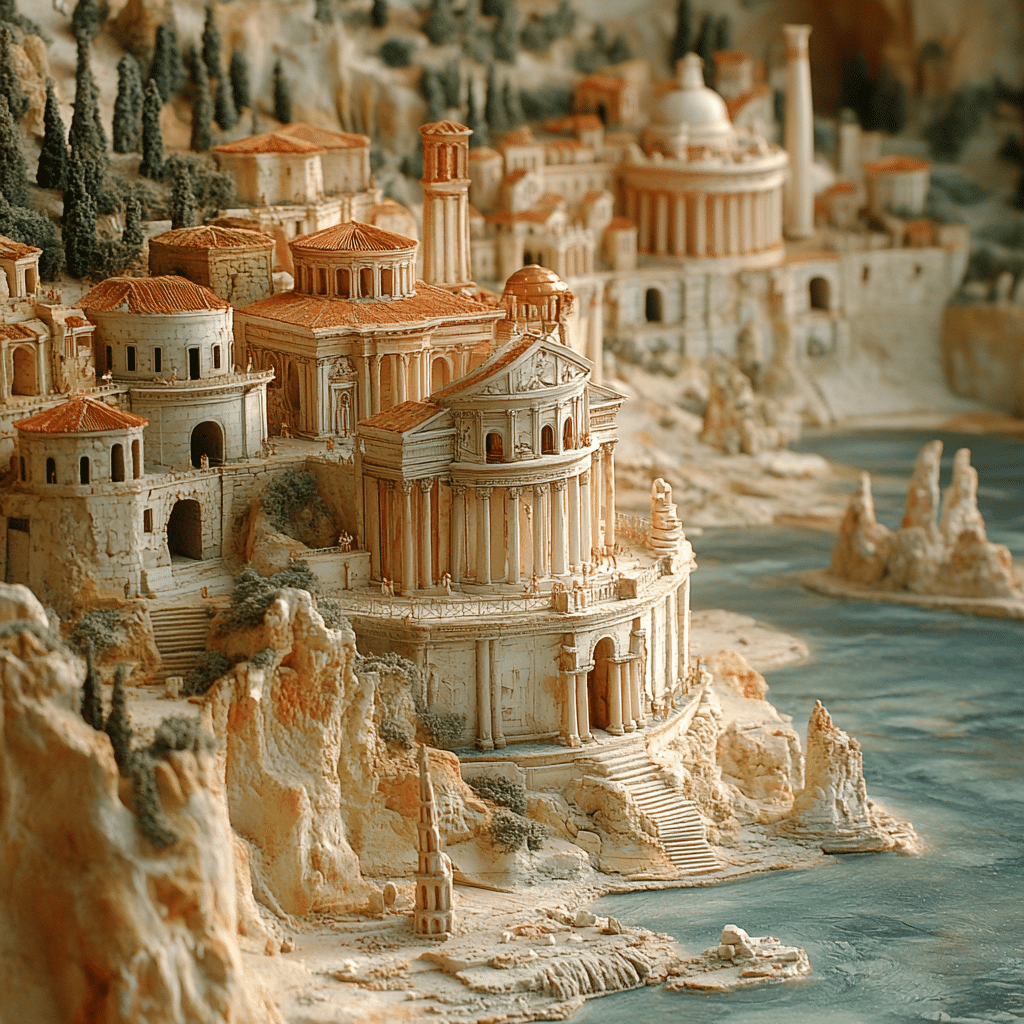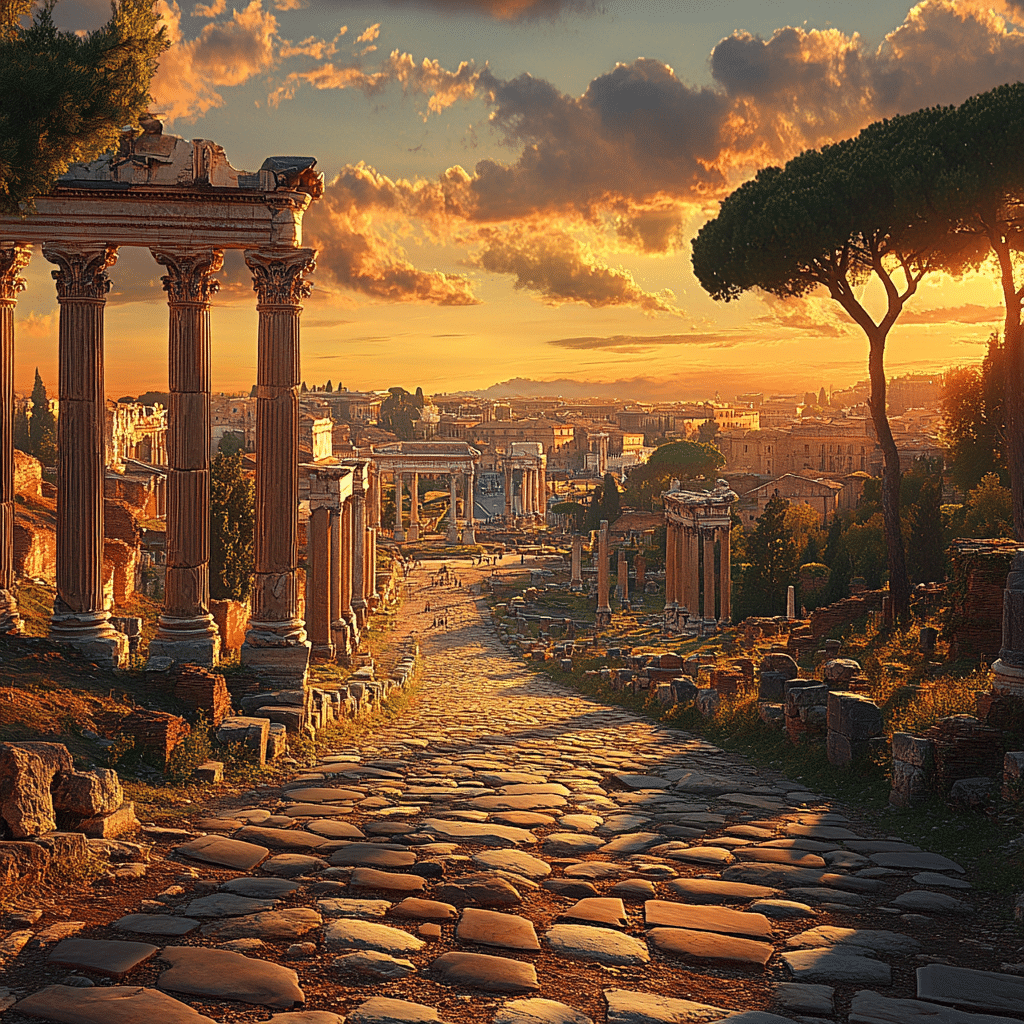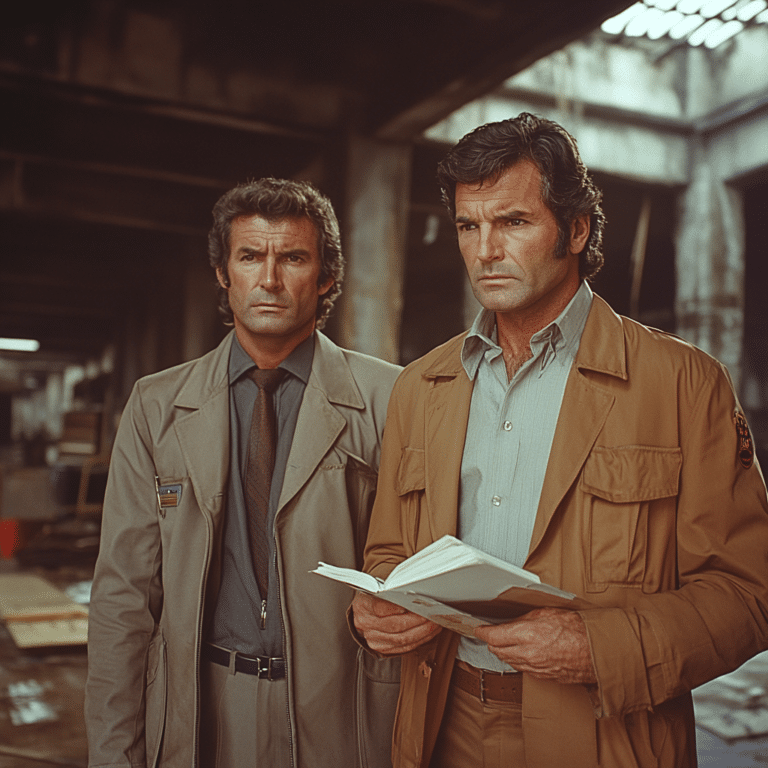Ancient Rome: The Foundation of Modern Civilization
Take a moment to appreciate the sweeping influence of ancient Rome. It wasn’t just a grand civilization that rose and fell; it laid the groundwork for the very essence of our modern life. From the way we govern ourselves to our stunning architectural feats, everything we experience today echoes the brilliance of ancient Rome.
As conservatives, we must recognize how the pillars of Roman law, governance, and culture remain at the core of what we hold dear. When we hear talk of ‘woke’ ideologies that aim to reshape our historical narratives, we must stand firm, reminding ourselves and others that the lessons from ancient Rome provide a solid foundation for our values and national identity.
In this article, we’ll explore the lasting contributions of ancient Rome and reinforce how they resonate with the principles that many of us champion today. Let’s delve into the top seven contributions of ancient Rome that continue to shape our civilization.
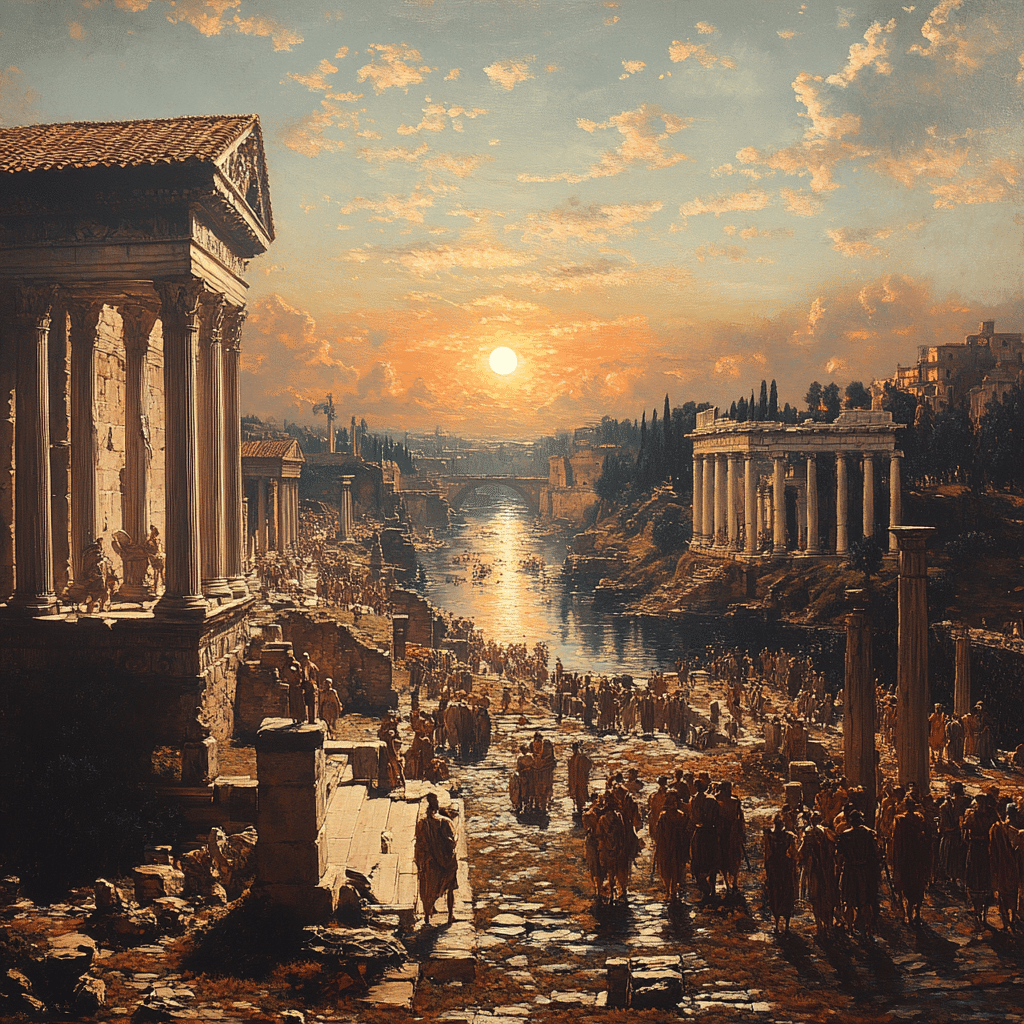
Top 7 Contributions of Ancient Rome That Resonate Today
Ancient Rome’s enduring legacy in legal systems is monumental. Its Twelve Tables were revolutionary, laying down codified laws and establishing citizen rights. Today, the U.S. legal framework, with principles like innocent until proven guilty, pays homage to Roman legal philosophy. It’s about time we recognize this as a beacon of justice in our fight against progressive overreach—legal rights were hard-won and should remain unyielding.
Talk about innovation! The Romans weren’t just builders; they were visionaries, creating structures like aqueducts and the Colosseum. Thanks to their mastery of concrete, their achievements have withstood time’s test. When you walk past the majestic arches of buildings like the United States Capitol, remember who inspired such designs. Ancient Rome’s engineering genius continues to inform modern architecture and infrastructure.
The spread of the Latin language by Rome gave birth to Romance languages we use today—Spanish, French, Italian, Portuguese, and yes, even influenced English! This linguistic heritage plays a crucial role in literature, law, and day-to-day communication. We should celebrate this rich legacy, embracing our roots while pushing back against cultural narratives that seek to diminish our history.
Ancient Rome introduced citizens to a republic, emphasizing checks and balances that are integral to American democracy. The U.S. Senate and Congress draw inspiration from the Roman model, where elected representatives embody the will of the people. This was revolutionary and is something we must defend fiercely as the left seeks to undermine such structures with their calls for radical change.
Through conquests and expansion, Rome birthed a rich cultural tapestry that celebrated diversity, ultimately embracing Christianity. The rise of Christianity, particularly during the reign of emperors like Constantine, profoundly impacted Western civilization. We’re reminded of the importance of religious freedom today, a value rooted deeply in our shared cultural history.
The Romans were pioneers in public health, developing sophisticated sewer systems and public baths. Their emphasis on hygiene paved the way for today’s urban health policies. We recognize that accessible sanitation and clean public spaces are non-negotiable in thriving cities, echoing Roman commitment to the health of their citizens. Uplifting these historical achievements propels us forward in addressing current health challenges.
Gladiatorial games and theatrical performances were staples of Roman life, laying the groundwork for our modern sports culture. Just look at events like the Olympics and professional sports leagues! They capture the competitive spirit Rome instilled in us. As we revel in athletic feats today, we should openly acknowledge that this legacy calls for spirited competition that celebrates excellence.
Ancient Egypt vs. Ancient Rome: A Comparative Legacy
When discussing ancient civilizations, we can’t overlook ancient Egypt’s remarkable contributions alongside those of Rome. Both cultures shaped our world, albeit in varying capacities.
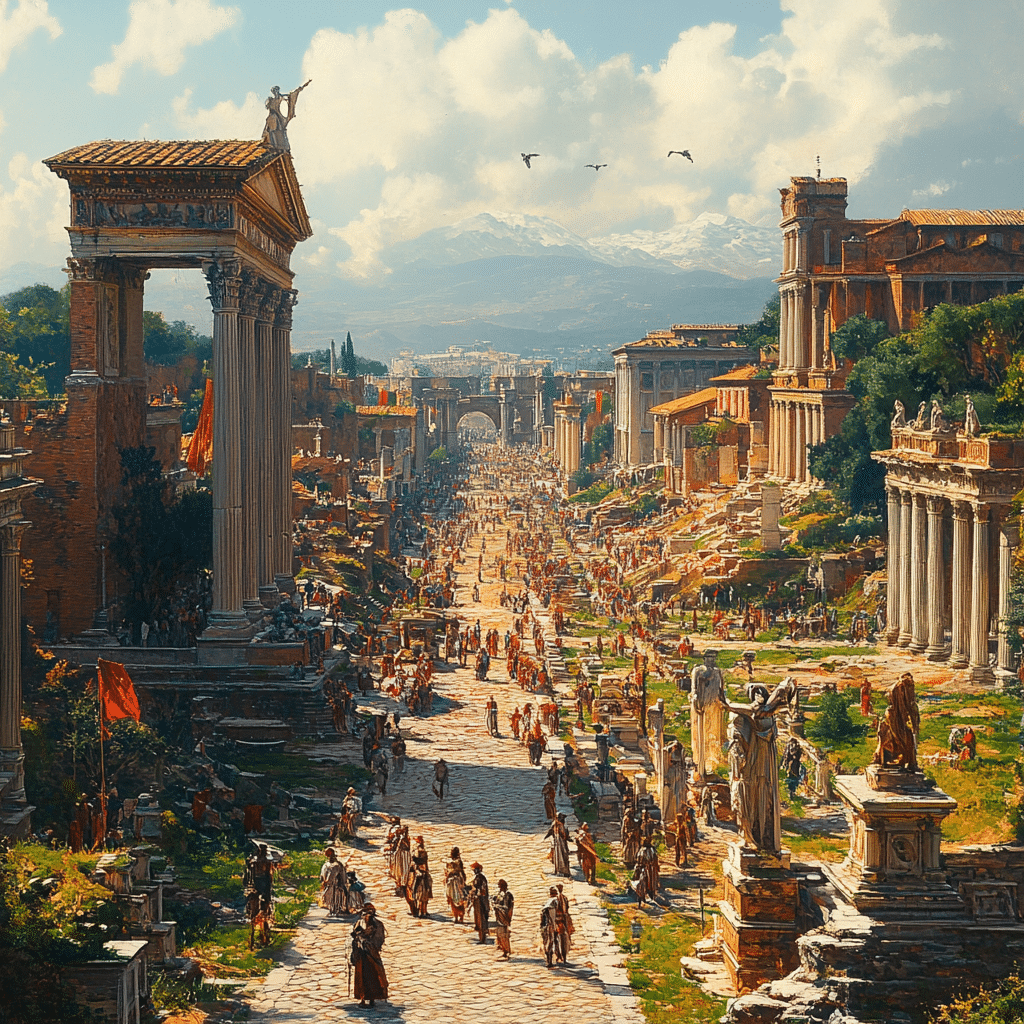
A Legacy Still Alive
The extraordinary legacy of ancient Rome isn’t just a historical footnote; it informs our present and is a guide for our future. By understanding their contributions, we uncover critical insights into our legal systems, societal frameworks, and cultural expressions.
As we analyze the echoes of ancient Rome amidst other civilizations, like Egypt, we deepen our appreciation for human achievement. Now, more than ever, recognizing these legacies helps us forge ahead, ensuring that they are lively and engaged in our ongoing societal discourse.
Let’s rally together, championing these foundational principles that Roman civilization gifted us. As we navigate today’s challenges, we owe it to ourselves—and future generations—to uphold the values fostered by ancient Rome. This legacy is too important to lose to fleeting ideologies. Embrace it, educate others, and let’s keep these discussions alive! For more insights, check out The importance Of cultural Expressions like The Paintings Of Sunflowers or dive into discussions about Gop primary polls.
As we reflect on these contributions, remember: ancient Rome’s heartbeat is alive and well in the ideals we cherish today.
Ancient Rome: Fun Trivia and Interesting Facts
Icons and Innovations
Did you know that ancient Rome gave us a bounty of icons and innovations still influencing society today? For instance, the Romans essentially laid the groundwork for modern law systems, which have shaped countless legal frameworks around the globe. Talk about a timeless legacy! But what about entertainment? Well, it’s been said that the heart of Roman culture thrived on spectacles like gladiatorial games. They certainly knew how to keep the crowds roaring—reminds you of how fans rally behind teams today, right? Speaking of fans, if you’re interested in today’s sports buzz, check out the latest Indianapolis Colts news for a modern-day thrill.
Language and Literature
Now let’s dive into language! The Latin language, once the lifeblood of ancient Rome, has left us a treasure trove of vocabulary. Many words we use today, particularly in fields like medicine and science, are rooted in Latin. Isn’t it fascinating how a language can endure through centuries? On a lighter note, ancient Rome was no stranger to storytelling and drama. Their theatrical performances inspired many modern genres—including anime! The storytelling techniques can remind you of iconic narratives in Animefreak, showcasing the endless creativity that transcends time.
Architecture and Art
As we consider architecture, ancient Rome’s ingenuity stands out. The Romans built grand structures like the Colosseum, showcasing their architectural prowess that still inspires today’s builders. Ever thought about the engineering wonders? It was even a backdrop for films, just like how Kevin Costner’s Cannes film highlights extraordinary cinematic creativity. Speaking of creativity, you can imagine the vibrance of Roman life bustling in marketplaces, much like the lively excitement we find in contemporary hotspots like Viva Las vegas. They really knew how to live it up!
In summary, the trivia associated with ancient Rome is not just entertaining; it’s profoundly reflective of how much influence this ancient civilization has exerted over the centuries. From law and language to entertainment and architecture, ancient Rome’s legacy continues to shape and inspire us even now. Each of these elements interlaces with modern culture, inviting us to marvel at the echoes of the past in our daily lives. It makes you think, what else are we yet to discover about such a captivating history?
